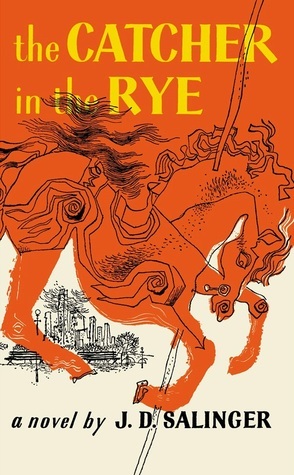Chapter 19: A Poet’s Mentorship
byChapter 19 begins as Barbara Robinson braces against the biting winter air, her breath visible in the crisp cold as she approaches 70 Ridge Road. Wrapped in a red coat that stands out against the muted tones of the snow-covered street, she feels a nervous energy course through her. The house she nears belongs to Olivia Kingsbury, a revered American poet whose literary lineage connects to the likes of T.S. Eliot and Ezra Pound—figures Barbara has only encountered in textbooks. Though honored to have received an invitation from Olivia after submitting a poem, Barbara can’t shake the creeping self-doubt that whispers she is unworthy of this meeting.
When she steps inside, she is struck by the contrast of Olivia’s modest Victorian home and the larger-than-life reputation she carries. Instead of the somber, antiquated atmosphere Barbara expected, the house feels lived in, even slightly modernized, with a large-screen TV taking up space in the sparsely furnished living room. Olivia, though a centenarian, carries herself with an energy that contradicts her age, issuing commands to her assistant Marie with a mixture of authority and familiarity. Marie, attentive and patient, manages the household with an ease that suggests a deep understanding of Olivia’s temperament. The lack of pretension in Olivia’s demeanor surprises Barbara, who had braced herself for the intimidating presence of a literary giant, only to be met with an invitation for conversation as equals.
Their discussion starts on a personal note before shifting toward Barbara’s poetry, a subject that both excites and unnerves her. Olivia’s questions cut through Barbara’s rehearsed responses, pressing her to articulate the true reason she writes—not for academic praise or structured form, but to make sense of the chaos within her own thoughts. She listens as Olivia critiques the rigidity of academic poetry, encouraging Barbara to resist conforming to institutional expectations and instead embrace the natural rhythm of her own voice. Barbara, having only experienced structured critiques in a classroom setting, finds this perspective both refreshing and liberating.
As the conversation unfolds, Olivia extends an unexpected yet life-changing offer: regular mentorship sessions, an opportunity Barbara never imagined possible. The offer comes with a warning, however—Olivia makes her disdain for Emily Harris, another professor who had taken an interest in Barbara’s work, abundantly clear. She cautions Barbara against falling into the trap of academic validation, subtly implying that some literary scholars prioritize control over genuine artistic development. The distinction Olivia draws between mentorship and authoritative instruction lingers in Barbara’s mind, forcing her to reconsider the kind of guidance she truly seeks.
The discussion takes a significant turn when Olivia asks whether Barbara’s poetry is expected to reflect “the Black experience,” a direct nod to Emily Harris’s previous inquiries. The question catches Barbara off guard, forcing her to confront the societal expectation that Black poets must center their work on race to be deemed relevant. Olivia’s tone carries neither judgment nor condescension, only a desire for honesty—an insistence that Barbara writes what is true to her rather than what is expected. In that moment, Barbara feels an unspoken understanding pass between them, an acknowledgment of the pressures placed upon artists of color in literary spaces.
By the time the visit nears its end, Barbara feels an internal shift—she is no longer the hesitant, self-doubting poet who had approached the house hours earlier. Instead, she leaves with a renewed sense of purpose, carrying Olivia’s validation like a quiet fire inside her. What had started as an intimidating meeting has transformed into the foundation of a mentor-protégé relationship, one that will shape Barbara’s artistic and personal growth. As she steps back into the cold, her thoughts race with excitement, knowing that this is only the beginning of a much larger journey in poetry and self-discovery.


